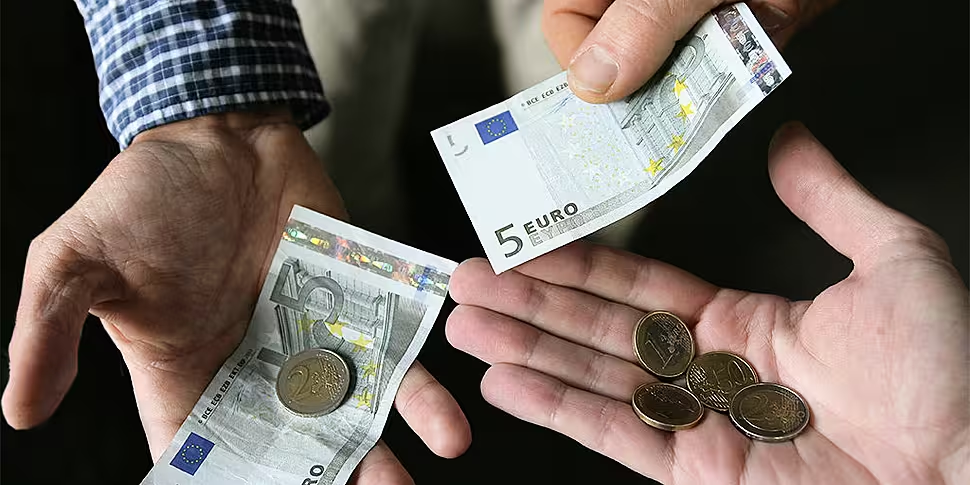The Economic and Social Research Institute has said that many minimum wage workers earn more through the COVID-19 Pandemic Unemployment Payment than they did by working.
The think-tank said a decision on the future of the minimum wage will be a “key policy question” for the next Government.
It is publishing a new study which finds that changes to the minimum wage over the last two decades had little impact on employment levels, while impacting on wage inequality.
Author Dr Paul Redmond said around 8% of Ireland’s workers are on the minimum wage. They are more likely to be women, working part-time and aged between 15 and 24-years-old.
Minimum wage increases in Ireland have not led to job losses among minimum wage workers, but have resulted in some reductions in hours worked. The 2016 increase in the minimum wage led to reductions in wage inequality in Ireland.
— ESRI Dublin (@ESRIDublin) May 7, 2020
More than half of the country’s minimum wage employees work in the retail, accommodation and food sectors – which have all been severely affected by the COVID-19 outbreak.
Because minimum wage workers generally work fewer hours, the Pandemic Unemployment Payment, as it currently stands, is higher than the gross weekly wage of most minimum wage employees.
“The COVID-19 crisis has led to widespread disruption in the retail, accommodation and food sectors,” said Dr Redmond.
“These sectors alone employ half of all minimum wage workers in Ireland – meaning low-paid workers may be disproportionately impacted by job losses in these areas.”
“The key policy question over the next 12 months will be whether the minimum wage should be increased, decreased or remain the same.”
And the minimum wage has been shown to be particularly important in keeping wage inequality low during a recession.
— ESRI Dublin (@ESRIDublin) May 7, 2020
The study found that while historic minimum wage increases have not led to job losses, they have led to some reductions in working hours.
It found that the minimum wage has been particularly important in keeping wage inequality low during times of recession – with the 2016 increase leading to further reductions in inequality.
It comes as the Taoiseach Leo Varadkar confirmed that both the COVID-19 Pandemic Unemployment Payment and Temporary Wage Subsidy Scheme will be extended beyond mid-June.
He said no decision has yet been made on how long it will last for or if there will be a rate reduction after next month.
Sinn Féin has called for the unemployment payment to remain in place until at least Christmas.









